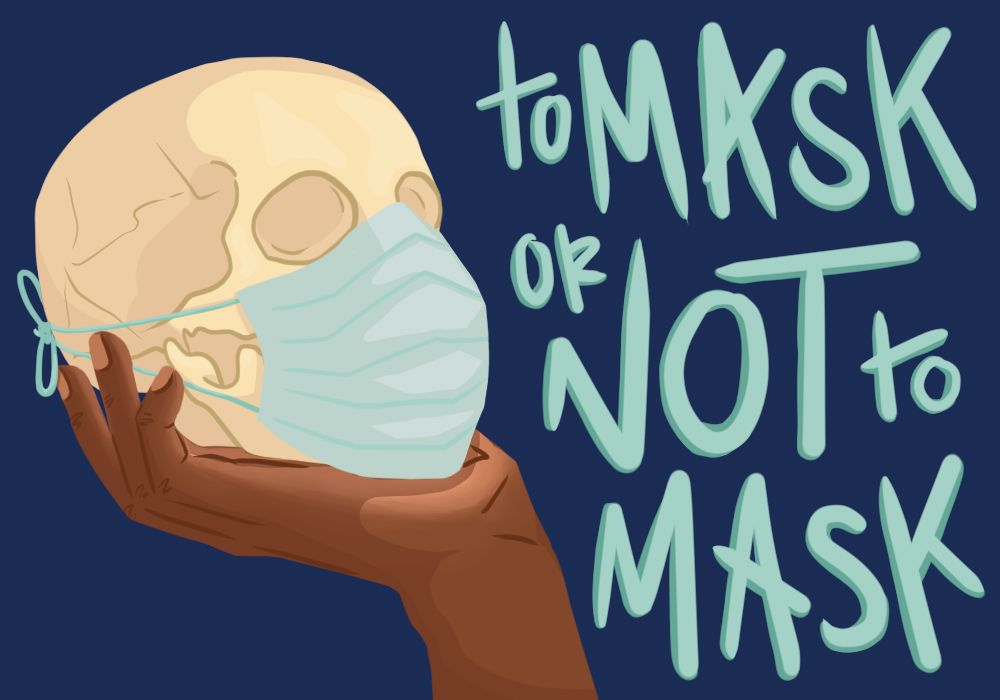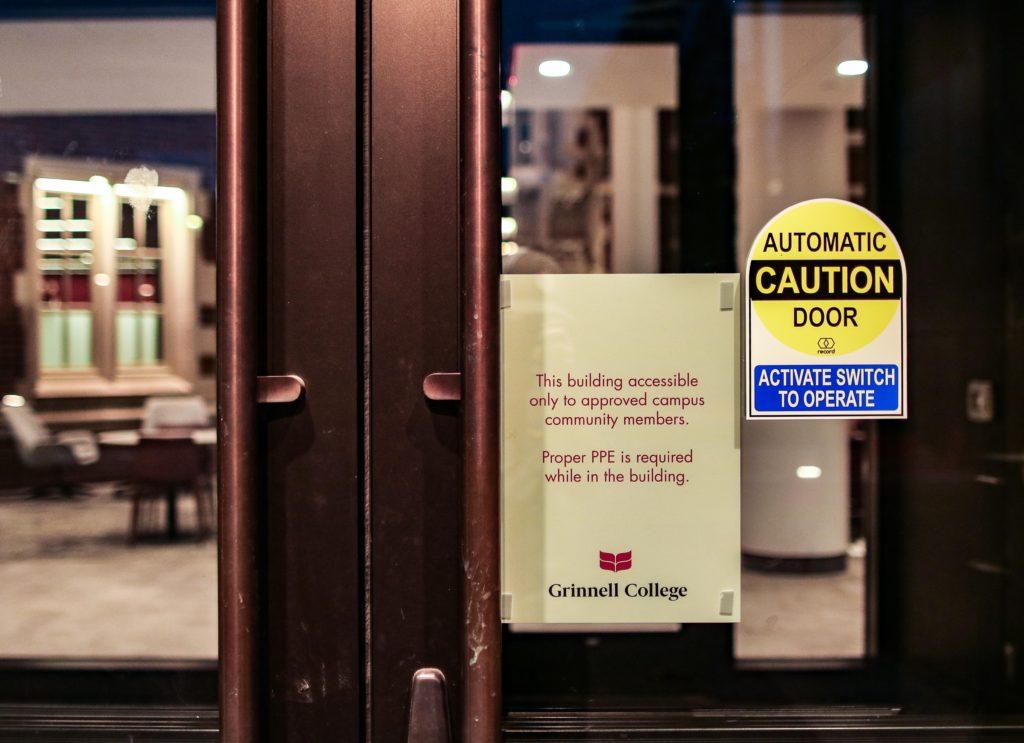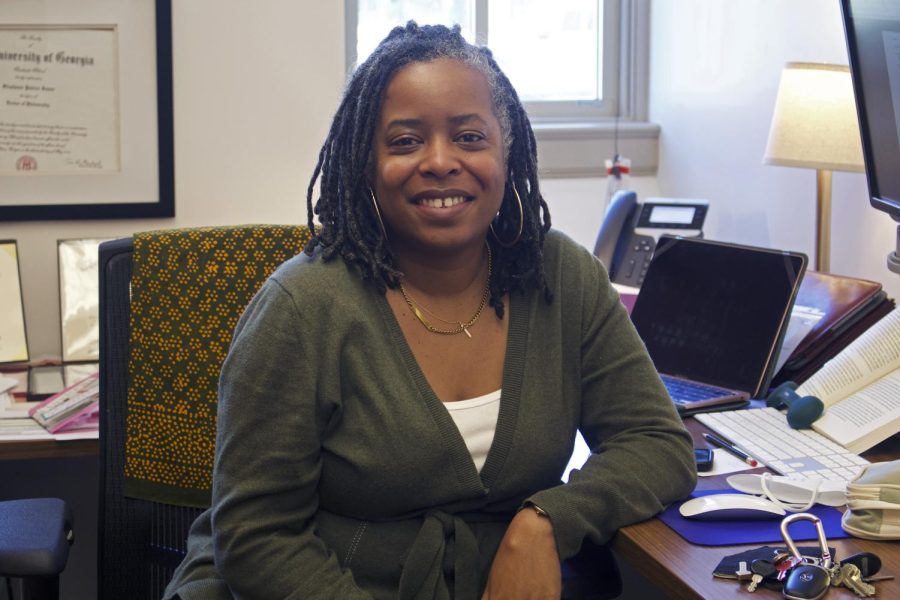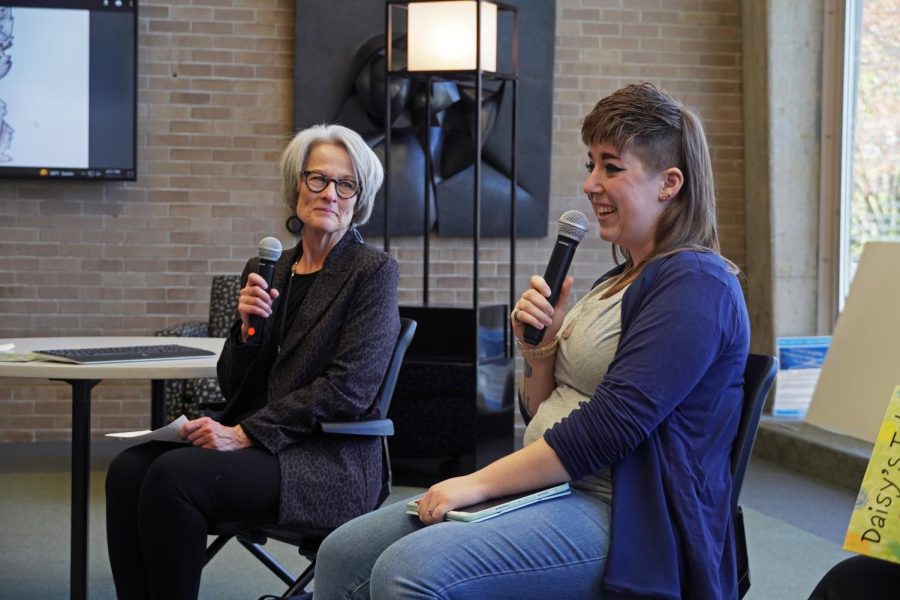In an effort to maintain engagement with students, Grinnell College will offer summer courses this year for the first time since 1947. The drastic move is part of the College’s continuing response to the COVID-19 pandemic.
The idea began to surface soon after spring break, according to Associate Professor Caleb Elfenbein, history and religious studies, as a result of conversations between professors and administrators across the College.
“It was really a wide-ranging discussion about how, in the midst of the COVID-19 crisis, we might have to support students in really unprecedented ways,” he said.
The course offerings are light: a total of 12 courses will be available spanning two summer terms. The first of these begins on May 31 and ends on July 10. The second runs from July 13 to the beginning of the fall semester, August 21. Some courses will take place during only one of the two periods, while others span the entire summer. Eight of the 12 courses will confer four credits, while another two are two-credit courses, and the final two are two-credit guided reading classes.
“[A main goal was] reflecting our liberal arts curriculum, both in level and in breadth,” said Elfenbein. “[We wanted] to make sure that we had really good offerings across all the divisions, while, of course, recognizing our conditions. So, lab courses weren’t really a possibility.”
The courses range from an introductory computer science course, Functional Problem Solving, taught by Assistant Professor Peter-Michael Osera, computer science, to Political Theory II, taught by Professor Johanna Meehan, philosophy.
The curriculum committee received proposals for summer courses from more than 60 faculty members but selected only 12 of those for the summer session. The reason for limiting the number of courses, said Elfenbein, was largely a function of the number of eligible students.
In order to enroll in a summer course, a student must fit into one of three categories: those who have been living in a residence hall during the second half of the spring semester and who cannot return home, those who had to return early from off-campus study, and those who “will end the spring 2020 semester having fallen behind normal academic progress towards graduation,” according to an academic continuity memo.
“We worked very closely with the registrar and the office on academic advising, … really trying to model how many students might fit into those categories,” said Elfenbein. “We really tried to identify an ideal number of courses that could accommodate both the number of students who fit in those three eligibility categories, and which allowed for as close an approximation of our existing pedagogies as possible.”
Students who do not fit one of the three categories cannot register for a summer course, even if it fits well with the rest of their academic plans.
However, said Elfenbein, the criteria are not devoid of flexibility. “That third area of academic progress, that’s where there’s an opportunity for students to reach out and see if they might fall into that eligibility category,” he said. “There’s some fluidity in that.”
Students who think they might fit into the last category can “share their situation, and … have members on the committee on academic standing really take a close look and see if a student is experiencing challenges to academic progress that are related to our condition right now.”
Tuition will be charged to those enrolled in summer courses in the amount of $1,750 for two-credit classes and $3,500 for four-credit courses. And those living on campus will have to pay $600 per summer term for a room, and another $900 per term for a mandatory meal plan. Financial aid will be available for those who are taking summer courses, but it will involve a separate application process.
In planning the summer courses, according to Elfenbein, it was necessary to weigh the College’s finances against the needs of academic continuity.
“Everything having to do with finances is up for consideration right now. It is a consideration in every decision,” he said. “However, I want to emphasize, it is not a consideration that overrides the core ethical concerns … around supporting students and making sure that everyone, to the best of our ability, has an equal opportunity to maintain academic progress.”




























































